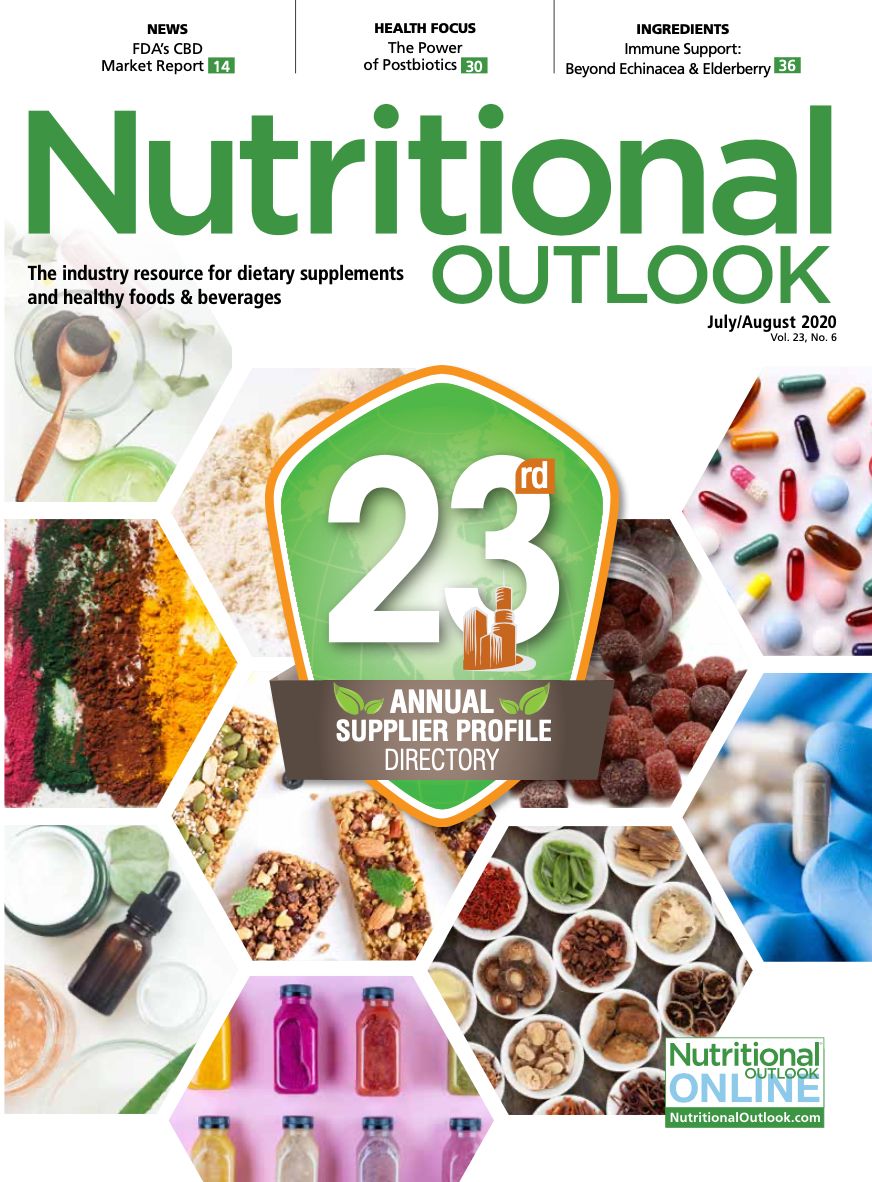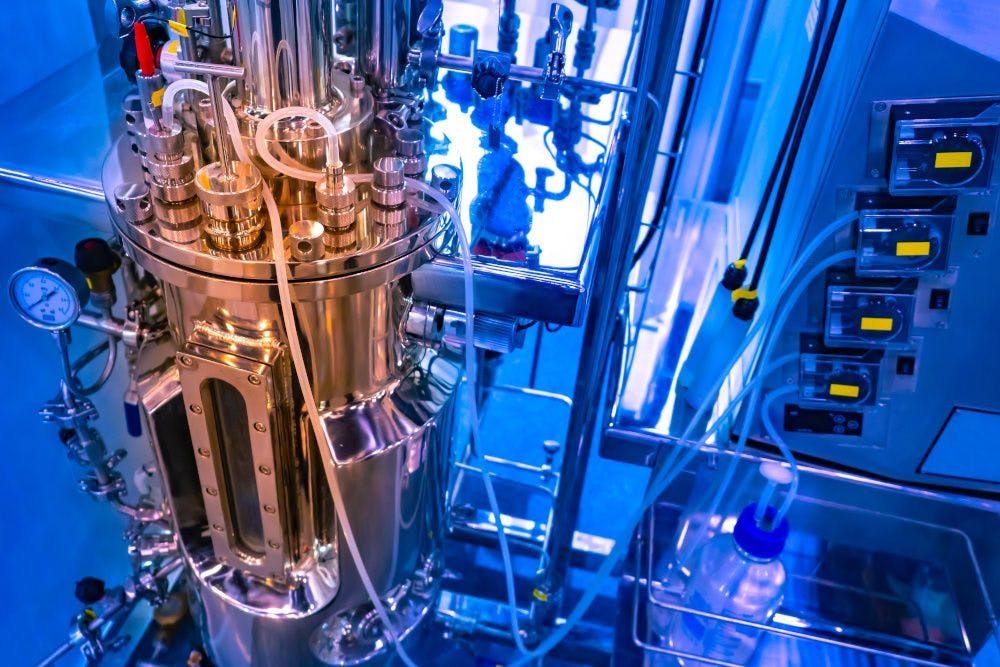FDA finds inconsistent levels of CBD, and THC presence, in hemp-derived CBD products
In its report to House and Senate Committees on Appropriations, FDA broke down the results of several years of sample studies the agency conducted on CBD products from 2014 to 2020.
Photo © iStockphoto.com/nicolas_

The Further Consolidated Appropriations Act of 2020, passed into law in December 2019, set aside $2 million for FDA to conduct a host of activity involving cannabidiol (CBD), including “research, policy evaluation, market surveillance, issuance of an enforcement discretion policy, and appropriate regulatory activities with respect to products under the jurisdiction of the Food and Drug Administration which contain cannabidiol (CBD).” This same law also gave FDA 180 days to conduct sample testing of the current CBD marketplace to evaluate the scope of adulterated or misbranded products.
In its report to the House and Senate Committees on Appropriations last week, FDA broke down the results of several years of sample studies the agency conducted on CBD products from 2014 to 2020. The results showed a lack of consistency between labeled CBD content and actual CBD content, as well as the presence of tetrahydrocannabinol (THC) in several products at levels exceeding the 0.3%-or-less legal THC threshold for industrial hemp products mandated by the 2018 Farm Bill.
In testing of 74 CBD samples (products marketed as oils, tinctures, capsules, tablets, gummies, vape liquids, conventional foods, and topicals) conducted between 2014 and 2018, prior to the 2018 Farm Bill enactment, CBD was detected in 67 (86%) of the products tested. (Two were referred to the Drug Enforcement Administration (DEA) when one CBD oil capsule was found to contain an average of 16 mg/g of THC and a CBD gummy was found to contain the synthetic cannabinoid MMB-FUBINACA at 1.9 mg/gummy.) In analyzing the consistency of CBD content claims of the 23 products tested in the year 2014, only eight (35%) were consistent with the labeled CBD content.
In 2019, FDA tested 34 CBD products (tinctures/oils, capsules/powders, edibles, beverages, and products marketed for pets) for CBD content and elements including arsenic (As), cadmium (Cd), mercury (Hg), lead (Pb,), manganese (Mn), nickel (Ni), copper (Cu), zinc (Zn), selenium (Se), molybdenum (Mo), antimony (Sb), barium (Ba), cobalt (Co), lithium (Li), tin (Sn), and vanadium (V). The levels of these elements found in the 34 products did not raise significant public health concerns, the report said. Only 31 products were tested for CBD content because two were vape-related and out of the scope of the study, and one did not contain enough of a sample for analysis. Of the 31 products, 21 specified the CBD content, and of these 21 products, seven (33%) contained within 20% of the labeled CBD content. Of the remaining 10 that did not specify CBD content, only six contained CBD. Additionally, 15 of the 31 products contained THC.
Cosmetics Tested, Too
In addition to testing tinctures/oils, capsules/powders, edibles, beverages, and products marketed for pets, FDA also worked with the University of Mississippi to develop a method to detect and quantify hemp ingredients in cosmetic products. For this process, 109 cosmetic products were selected, 41 of which indicated CBD content, while the remaining 68 only indicated the presence of hemp ingredients but not CBD. Results showed that the 41 products with CBD content claims all contained CBD, but 12 also contained THC. Of the 14 products that specified the amount of CBD, eight contained less than 80% of the indicated amount, four contained within 20%, and two contained greater than 120% of the indicated amount. The 68 products with no CBD claims did not contain any measurable cannabinoids.
FDA's Long-Term Sampling Plan
Because FDA chose products for testing based on particular risk factors, the agency states it does not know to what extent results from this body of testing represent the overall market. Therefore, to fill the gaps in data, FDA has developed a sampling plan divided into near-term and long-term phases. The near-term will inform the long-term. For the near-term plan, FDA generated a list of 500 hemp and CBD products, only capturing products available online. The products were divided into five categories (tinctures/oils, capsules/powders, edibles, beverages, and products marketed for pets), and then 200 products were randomly selected from the list proportionally from each category.
Of these 200 products, testing for cannabinoids was completed on 147 products, 138 of which contained CBD. Of the 102 that indicated the specific amount of CBD, 18 products (18%) contained less than 80% of the amount of CBD indicated, 46 (45%) contained within 20% of the amount indicated, and 38 products (37%) contained more than 120% of the amount of CBD indicated. THC levels in the products ranged from below the limit of quantitation (LOQ) to 3.1 mg/serving, with 72 products (49%) found to have THC and tetrahydrocannabinolic acid (THCA) concentrations above the LOQ.
As FDA continues its sampling plan in the long term, the agency says it has created a methodology to create a representative, random sample of the current CBD product marketplace. It will be purchasing data on brands, product categories, and distribution channels for CBD products. FDA is developing a comprehensive list of brands operating in the CBD market by assembling data from targeted internet searches and analytics. The agency will use both data sets to randomly sample products across brands, products categories, and distribution channels, favoring products with higher market share. FDA will analyze all products for 11 cannabinoids, including a quantitative determination of total CBD, total THC, and the elements As, Cd, Hg, and Pb. These tests will be conducted by a third party, and the long-term study is to be initiated in 2020.
Unclear Roadmap
While the results of FDA’s testing thus far may have data gaps, they demonstrate a lack of consistency and quality control in the marketplace in CBD content, and more alarmingly, in their THC content. The need for more data that is representative of the overall market is clearly important, but the lack of a current regulatory pathway will likely only make FDA’s job more difficult as hemp-derived CBD products continue to proliferate and further change the market the agency seeks to understand.
FDA’s enforcement of illegal health claims through warning letters to CBD product makers continues, and warning letters may likely ramp up, but they do little to prevent bad actors from entering the marketplace. Industry trade groups such as the Natural Products Association (NPA; Washington, DC) have long lobbied FDA to take more meaningful measures. More specifically, NPA has been lobbying Congress to mandate FDA to conduct a health hazard evaluation of CBD to determine a safe use level for the consumption of CBD, something the agency has to date not yet done. Other trade organizations have joined forces to urge Congress to pass legislation that defines CBD as a lawful dietary supplement.
In the meantime, while FDA evaluates the CBD product market with its sampling plan, industry is endeavoring to fill gaps in scientific data on hemp-derived CBD. The Collaborative for CBD Science and Safety (CCSS; Washington, DC) recently called on industry stakeholders to accelerate their research efforts as progress stalls on developing a regulatory pathway for CBD.
Unfortunately, as indicated by FDA’s sample testing, the more time that passes until a regulatory pathway is devised for CBD, the greater the likelihood of consumers experiencing adverse events from mislabeled and adulterated CBD products. “What will it take for FDA to get serious and get moving on this critical public health issue?” inquires Daniel Fabricant, PhD, president and CEO of the Natural Products Association (NPA; Washington, DC). “Do Americans have to get harmed?”

Prinova acquires Aplinova to further increase its footprint in Latin America
April 7th 2025Prinova has recently announced the acquisition of Brazilian ingredients distributor Aplinova, which is a provider of specialty ingredients for a range of market segments that include food, beverage, supplements, and personal care.























